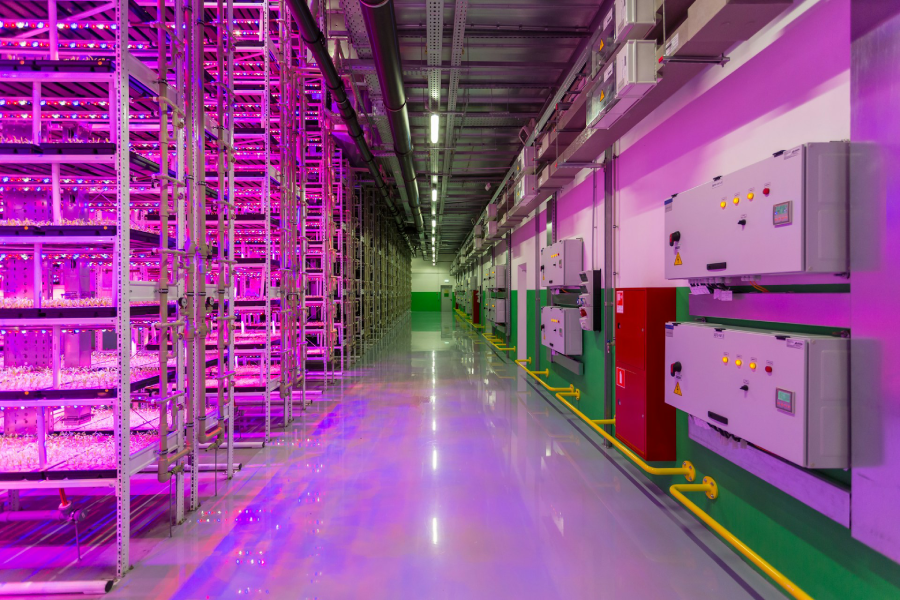AI Integration Reduces Energy Use in Indoor Agriculture by 25%

Cornell University engineers have discovered that incorporating artificial intelligence (AI) into environmental control systems could reduce energy consumption in indoor agriculture by up to 25%. This approach offers a promising solution for more sustainable food production amid rising global population and climate change challenges.
The study, titled “Artificial Intelligence Can Regulate Light and Climate Systems to Reduce Energy Use in Plant Factories and Support Sustainable Food Production,” was published on September 9 in Nature Food. According to the United Nations, the world’s population is projected to reach 9.7 billion by 2050, intensifying the need for innovative solutions to enhance food production systems.
Indoor farming, including plant factories with artificial lighting and climate control, is less vulnerable to climate change impacts but remains energy-intensive. Current environmental control systems are insufficiently advanced to optimize energy use effectively. Fengqi You, co-director of the Cornell Institute for Digital Agriculture and the AI for Science Institute, stated that AI could manage the complexities of indoor farming by regulating lighting, temperature, and ventilation systems.
The researchers employed AI techniques such as deep reinforcement learning and computational optimization to analyze indoor lettuce cultivation across various locations, including several U.S. cities, Reykjavík, Iceland, and Dubai, UAE. The study found that AI could reduce energy use from 9.5 to 6.42 kilowatt hours per kilogram of lettuce in cooler climates. In warmer regions, such as Dubai, energy consumption decreased from 10.5 to 7.26 kilowatt hours per kilogram.
The study highlights that managing ventilation is crucial. During periods of simulated sunlight, low ventilation maintained optimal carbon dioxide levels, while higher ventilation during darker periods provided a balance conducive to plant growth.
The findings suggest that AI can make indoor farming more viable, even in areas with fewer energy-saving opportunities. The researchers emphasized that by aligning environmental control technologies with plant biology, AI could conserve energy while minimizing carbon dioxide waste and maintaining ideal growing conditions.
The research was supported by the U.S. Department of Agriculture, the Natural Sciences and Engineering Research Council of Canada, and the Eric and Wendy Schmidt AI in Science Postdoctoral Fellowship at Cornell.


Responses